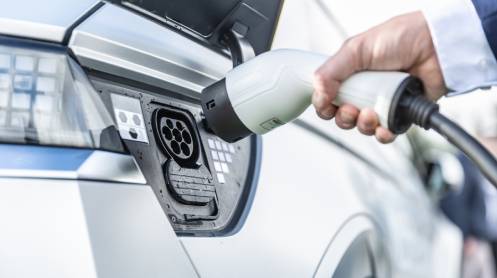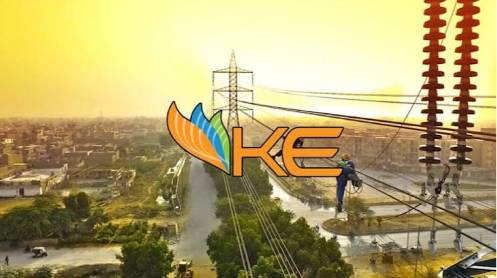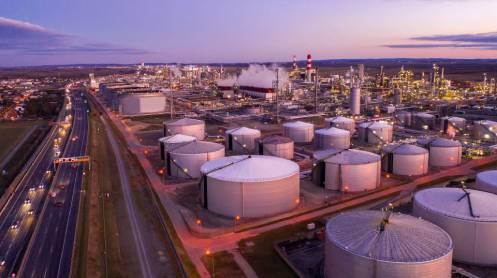ISLAMABAD: The government has initiated consultations on the New Energy Vehicle (NEV) Policy 2025-30, designed to transform Pakistan’s transportation sector and reduce carbon emissions. The Ministry of Industries held a meeting on Monday with automakers to discuss the policy’s framework, which aims to promote local NEV production, decrease reliance on fossil fuels, and lower emissions.
The proposed policy includes incentives such as tax breaks, reduced import duties on NEV components, and green financing options to encourage investments in sustainable technologies. However, some industry representatives expressed concerns that the high costs of NEVs may limit benefits to the top 10-20% of consumers.
Drafted by the Engineering Development Board (EDB), the NEV policy outlines a comprehensive approach to adopting sustainable vehicles and green technology nationwide. With the transport sector accounting for 30% of Pakistan’s greenhouse gas emissions, the policy targets a zero-emission road fleet by 2060.
To support NEV adoption, the policy recommends building a nationwide charging infrastructure, with Level 3 charging stations required at 10% of Oil Marketing Companies’ locations. Private companies installing charging stations will benefit from tax exemptions, subsidized electricity rates, and reduced land costs for a 10-year lease. Additionally, safety and recycling standards for NEV batteries aim to foster a circular economy, with incentives for battery recycling.
The draft policy’s financial support measures include customs duty reductions—1% for NEV parts and 10% for fully imported NEVs until 2027—and sales tax exemptions for local components. Incentives will also extend to heavy commercial vehicles to accelerate local production.
Story by Kalbe Ali





